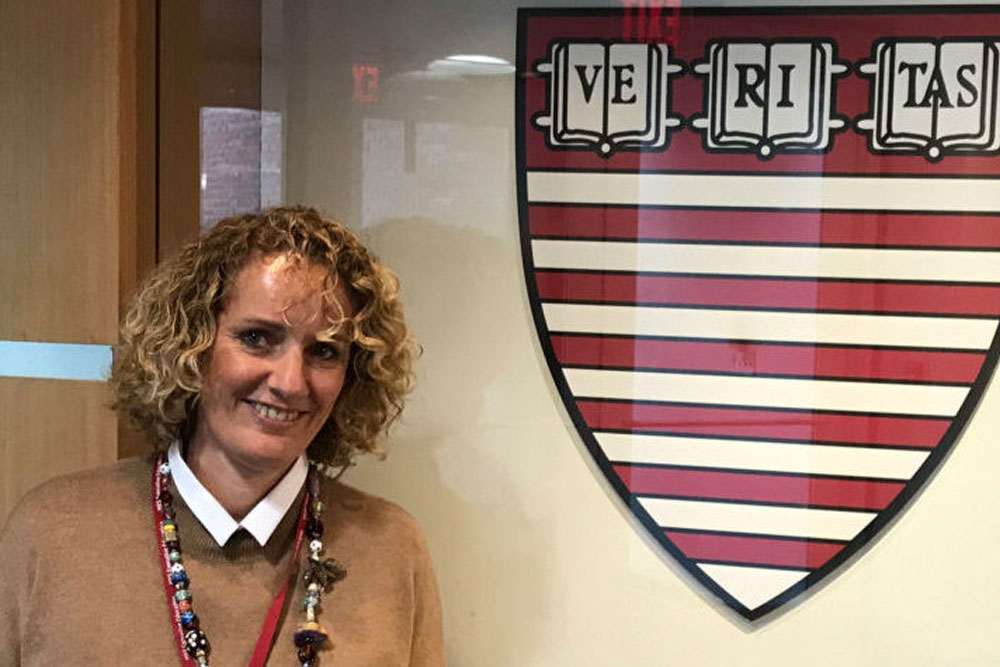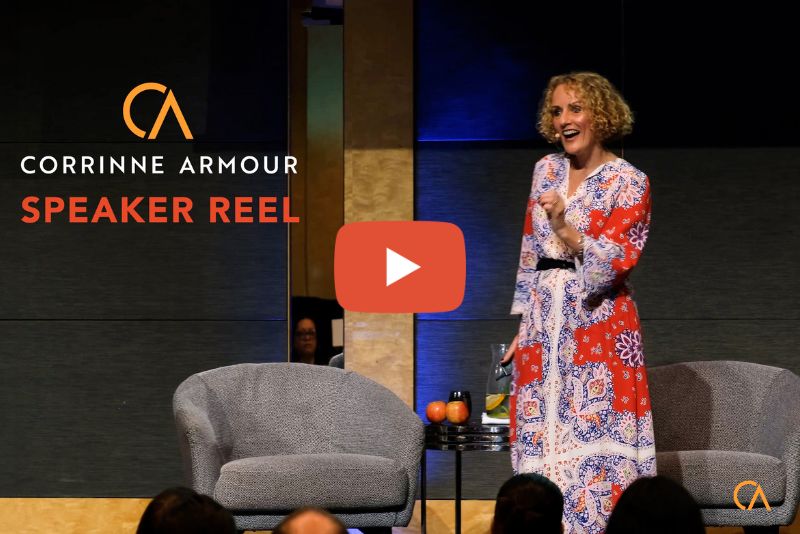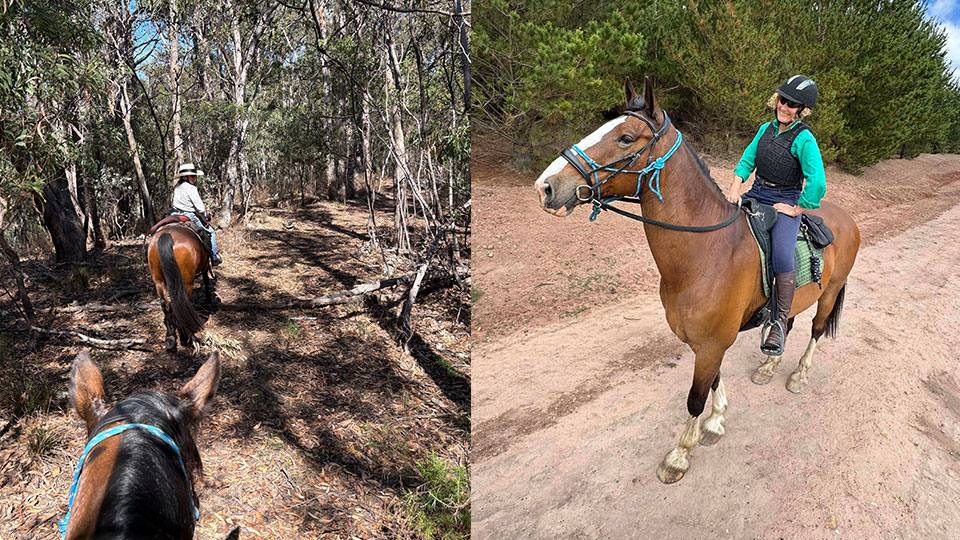
This time last year, I was lucky enough to be attend Harvard University and complete The Art and Practice of Leadership Development Executive Program. At the time, I blogged about the 5 leadership lessons I learned.
Julie Garland McLellan invited me via LinkedIn to “look back in a year’s time and see how these lessons have evolved as your practice of implementing them has developed”. Thanks Julie – I have accepted your invitation and am focussing on one lesson!
Lesson 2 – Many of the tricky leadership issues we face are Adaptive Challenges.
The world has been served up a massive adaptive challenge in the form of COVID-19. Adaptive challenges don’t have a known solution, and the problem may not even be clear. Think about our global response to Coronavirus in January and February…
When we implement an intervention, we can’t anticipate the response. The impact of travel bans, border closures, social distancing etc are being experienced broadly and are still not fully understood. There is positive flow-on effect too – our air is cleaner, and cities are breathing better. Even with constant review and course correction, we may not land at the expected end point. Modelling has not proved to be accurate, and the uncertainty has added to the stress in our social, health and economic systems.
Adaptive challenges involve multiple stakeholders and are often risky to address. Hasn’t this been the case!!! Stay at home measures have simultaneously significantly reduced the health impact of the pandemic in Australia while causing major economic fallout. Disposable face masks are floating in our oceans.
For success, it’s necessary to develop new capacities. That has certainly been our experience. We have learned capacities around remote communication, home schooling, leading remote teams. So many of us have also built our capacity for compassion and connection.
Our organisations (which of course are the sum of individuals) have built capacities to support home working, developed new approaches to infection control, and reconfigured workplaces to offer something different (think Bundaberg Rum producing hand sanitisers for the Qld government). Entire new products have been developed, like Dyson’s CoVent for patient ventilation.
COVID-19 is a massive adaptive challenge!
As I wrote in my blog last year, the risk is that we treat Adaptive Challenges as Technical Problems. Technical problems can be far-reaching and complex, but they have known solutions if we are willing to devote enough resources to them.
Julie, I never expected in the year after Harvard, to be navigating through such a massive Adaptive Challenge!
Our ability to create a new normal for ourselves, our teams, our organisations and our community, rests on our willingness to work together to rise to the adaptive challenge. Leveraging the opportunity from our current situation is not a technical problem to be left to a small group of experts.
Go Fearlessly
Here are the 5 leadership lessons from my original blog:
- Leadership is about mobilization. To lead is to mobilize others on behalf of the collective, engaging them in both resolving a challenge, and in the necessary learning and innovation.
- Many of the tricky leadership issues we face are Adaptive Challenges (we don’t have a solution, the problem is unclear, and we need to develop new capacities to respond). Technical problems are easier, because while they may be far reaching and complex, there are known solutions if we through enough resources at the problem.
- Learning requires operating at the frontier of our competence.
- Facilitation that puts the work back where it belongs is an artform.
- We rarely travel alone. We represent a whole truckload of constituents travelling in our shadows or on our shoulders.
STAY IN THE LOOP
Subscribe to our blog.
Exciting. Intimidating. Challenging. Encouraging. Discouraging. These are some of the emotions we face when we commit to mastering something new. The first time I gave a ‘speech’ was in my postgraduate year, presenting my research findings to fellow students and examiners. I was so nervous I felt sick. Afterwards, I felt proud of what I





